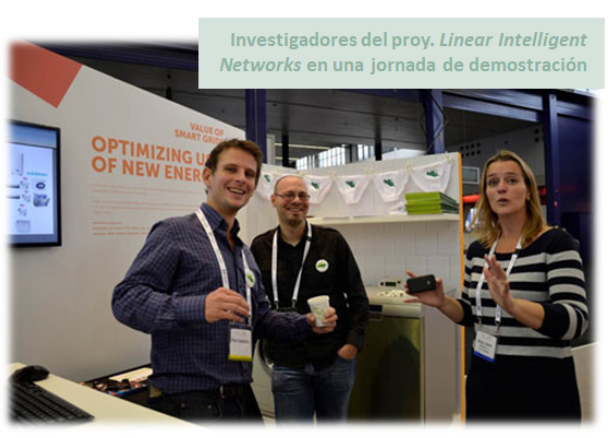The day all of us enjoy electricity dynamic prices thanks to the smart grid, we will see how the washing machine and other home appliances come into life. And they will do it to allow us to pay less for the energy they need to do their duties. This will be one of the advantages of dynamic prices that are those that change along the day to encourage us to use energy when there is a surplus and to dissuade us of using energy when there is a shortage.
To have a better understanding of how dynamic prices will impact on our lives, there has been a research project conducted in Belgium that involved 250 families equipped with smart home appliances, namely washing machines, tumble dryers, dishwashers, water heaters and electric car chargers. Smart home appliances are those that receive information about electricity rates and that can make decisions about their own operation. For the purposes of the project, the day was divided into six time slots with different electricity prices according to the energy market. The families involved in the experiment were divided into two groups.

The first group got information about next day electricity prices through an app installed in a mobile device. Then, they have to plan the use of the appliance for the next day considering the prices and their needs.
The second group have appliances that reacted to the prices in an automated fashion while preserving the owners’ utility. To understand how it worked, imagine a family who wants to have their dishes ready for dinner at 6PM. At 8AM, when they left home to work, they switch on the washing machine and indicate the hour the dishes must be ready. In the case the washing machine needs two hour to complete the work, the machine knows it could start to work at some moment between 8AM and 4PM and it chooses the moment in the time slot with lower price. In the case the energy were cheaper after 4PM, the washing machine started to work at 4PM to assure the dishes were clean and dry at the moment the owners needed them. Other appliances, like the water heater, just chose the time slots with cheaper energy to keep water at desired temperature.

The customers in the first group found the system annoying and they left the experiment. However, those in the second group found the method did not affect their comfort and that their appliances preferred the night to work. Besides this, there was a reduction in the electricity bill: 20% for dishwashers, 10% for washing machines and tumble dryers, and 5% for water heaters.
One of the findings of the project was that customers do not like to be on the lookout of the next day prices. This result is quite surprising if we consider the success of the Opower company, that according to them they were capable of reducing the bill, energy use and CO2 emissions using a customer information system quite similar to the one used by the Belgians with the first group, the one based on getting information the day before to make decisions in advance. But today Opower is in the Oracle realm, maybe because this big company was more interested in the data and knowledge Opower had about how people demand energy than in the possible benefits for environment, electric grid and customers’ wallets. Anyway, it seems the original’s Opower spirit remains alive.
The smart grid will make possible our washing machines will be connected to the power company through Internet soon and it will be in charge of making decisions about when to work in order to reduce our electricity bill. After that, if the washing machine makers were able to design a machine capable of ironing the clothes our happiness would be complete.
- The 28A blackout and the lessons to be learned about the energy transition - 23 May 2025
- We ran out of light - 5 April 2024
- Uncertainties in electricity supply - 15 December 2023
